 Voting is not compulsory in New Zealand but, if you are eligible to vote, you are required to enrol as an elector. To enrol to vote you must be a permanent resident and at least 18 years old. You also need to have lived here on a continuous basis for a year and have resided in your electorate for at least one month.
Voting is not compulsory in New Zealand but, if you are eligible to vote, you are required to enrol as an elector. To enrol to vote you must be a permanent resident and at least 18 years old. You also need to have lived here on a continuous basis for a year and have resided in your electorate for at least one month.
Electoral records are maintained by the Registrar of Electors and are updated twice every three years. However, if you change your address it is advisable to advise the Registrar directly. Both enrolment and address changes can be arranged through New Zealand Post Shops. If there are special reasons why your name and address should not be published in the Electoral Roll, they can be registered on the unpublished roll.
The Electoral Process
Under the MMP system, the House of Representatives comprises 120 MPs. Of these, 51 are list MPs (candidates nominated by registered political parties prior to the general election), 62 represent General Electorates and seven Maori Electorates. Only Maori who are registered on the Maori roll can vote in a Maori Electorate. All others are registered on the General Roll.
Registered electors cast two votes:
- A vote for a political party – this is known as the Party Vote
- A vote for a candidate seeking to represent a local electorate – this is known as the Electorate Vote
Each party’s total number of Party Votes determines its share of the 120 seas in Parliament. However, before a party is entitled to this share, it must receive at least 5% of all Party Votes cast at the election, or win at least one General or Maori Electorate.
The system works like this. A Party that wins 30% of the Party Vote is entitled to 36 MPs in total. If it already has 15 Electorate MPs, a further 21 List MPs will be appointed to bring its total to 36. This ensures that final representation fairly reflects a party’s share of the national vote. List MPs are appointed on the basis of a candidate’s ranking on the party list.
Local Government
Local government (often referred to as ‘local’ or ‘territorial authorities’ operates on two levels: regional councils, and district and city councils.
There are 12 regional councils. These are responsible for such matters as water supply, parks and reserves, land transport planning and resource management. The role of the regional councils is complemented by the work of district and city councils. There are 59 district councils and 15 city councils. Their areas of responsibility are similar to those of regional councils and include water supply, land use, building controls, roading and transport, as well as community development.
Local government elections are held every three years. Regional council electorates are known as ‘constituencies’; district and city council electorates as ‘wards’. If you are registered as a parliamentary elector, you can also vote in local government elections. Voting is usually by postal ballot.

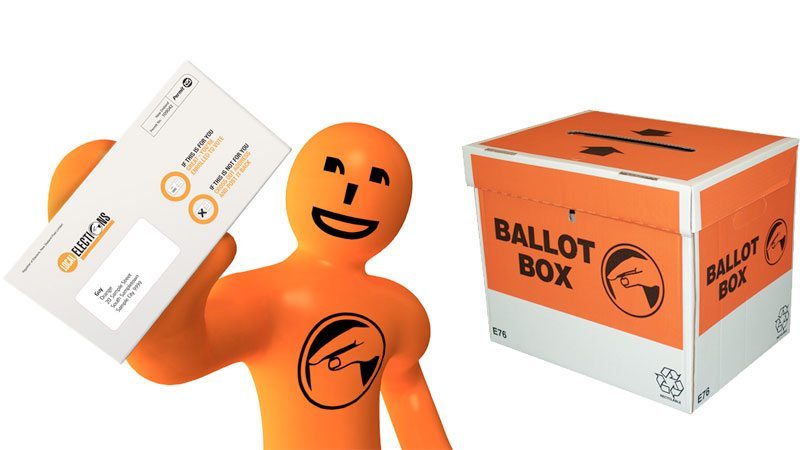
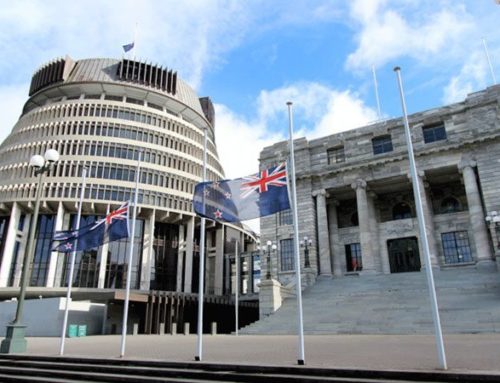
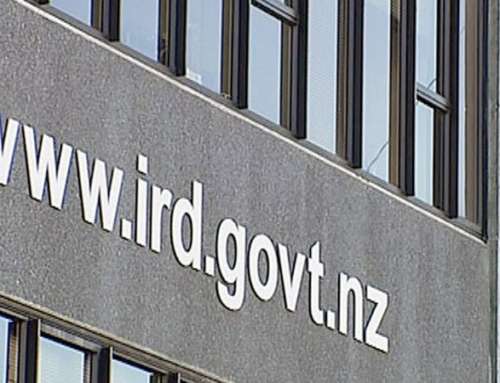
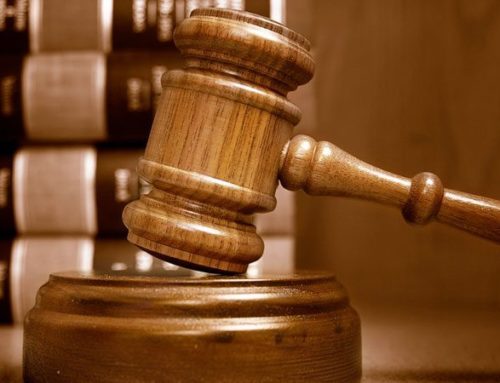
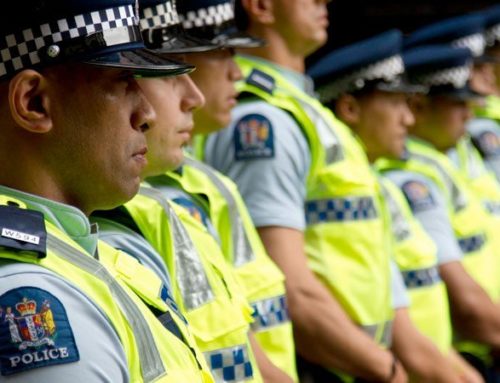
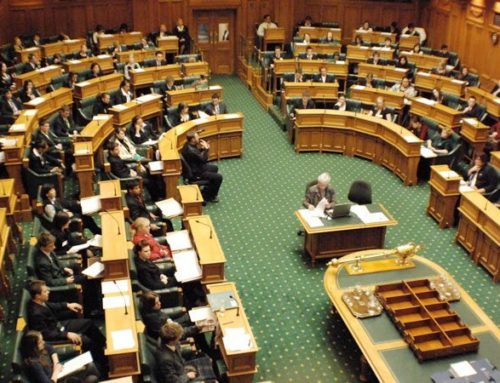
Leave A Comment